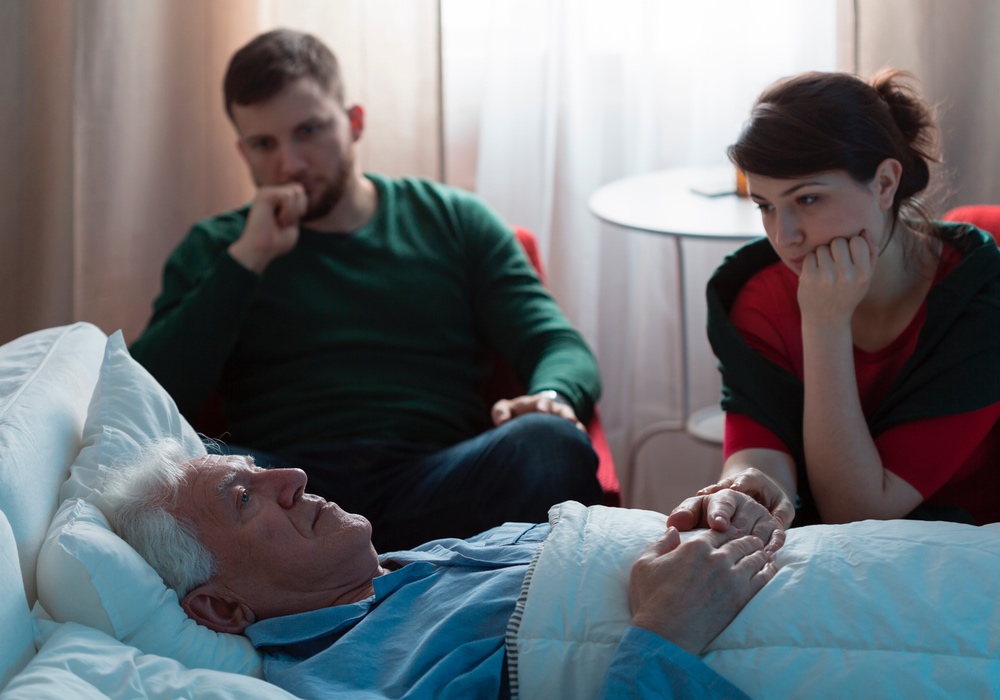
Women were barred from training at the major hospitals, including, most significantly for those with an interest in paediatrics, Great Ormond Street (its founder, Charles West, was one of the most passionate opponents of women in medicine). These prejudices, often furiously expressed, were enshrined in the regulations of the most important medical institutions. All kinds of quasi-medical theories were propounded during this period, as arguments against women’s participation in all kinds of higher education – all the more bizarre when you consider that these were often expressed by highly educated men in the scientific community, they included the idea that too much study would cause a woman’s womb to atrophy. The idea was common that the practice of any profession would interfere with a woman’s fertility. You simply couldn’t, in the eyes of these male doctors, be both a proper woman and a proper doctor. Since the practice of medicine was completely at odds with the ‘nature’ of women, it followed that any woman who undertook it would become ‘unnatural’, and a kind of masculinised androgyne, hardly really a woman at all any longer. Women were too temperamental and emotional to be capable of the dispassionate judgements the practice of medicine would demand of them. A medical career was considered by the male establishment to be far too physically arduous and intellectually rigorous for any woman’s capabilities – and generally, an unseemly thing for any lady to wish to embark upon. There was widespread prejudice against women entering any of the professions, and in many quarters against their receiving any higher education – and nowhere was this more pronounced and often vitriolic than in the world of medicine. With recently published statistics indicating record numbers of women practicing medicine in this country it is difficult to evoke the difficulties and obstructions women faced in the first half of the 20th century, in qualifying and practicing as doctors. The poverty and harsh social conditions of much of the hospital’s clientele afforded good opportunities to study the effects of poor nutrition and resultant pernicious anaemia, and sexual infection. The Mothers’ was a place where some of the foremost women in medicine at the time practiced, and conducted often ground-breaking research.

What is particularly interesting is that during this period the entire medical staff of the hospital consisted of women. In the inter-war period the Mothers’ Hospital was at the vanguard of research and development in obstetrics, neo-natal care and the treatment of sexually transmitted diseases, notably syphilis.

The role of women at the Mothers' By Claudia Jessop


 0 kommentar(er)
0 kommentar(er)
